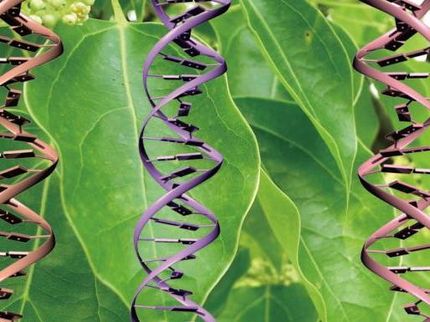Computer superpower strengthens attempts to combat common diseases
Advertisement
New large-scale sequencing technology shall revolutionize biomedical research in the coming decade. Uppsala University's entity UPPMAX is now expanding its operations and providing researchers with a powerful system for large-scale compute and storage of data, which can lead to new breakthroughs in research on our public-health disorders.
Among other things, the new large-scale sequencing technology offers researchers the opportunity to understand the impact of the genome on the genesis of common diseases. Questions can be posed in a different way with more large-scale methods. For instance, the technology renders it possible to map all the bacteria in a person's mouth, to see why one individual develops malaria while another does not, and how the malaria parasite adapts in order to elude people's immune defences. It can also involve cataloguing all DNA modifications in a cancer cell. Furthermore, scientists have found regions in our genes that increase the risk of various common diseases such as cancer, diabetes, obesity, and autoimmune diseases. These regions were identified through the use of so-called SNP chips, but since then it has proven difficult to find the actual mutations that cause disease.
"The new sequencing methods supported by this funding offer tremendous potential for finding many of these mutations. Knowledge about the mutations and disease mechanisms will enable development of better, more targeted drugs," says Kerstin Lindblad-Toh, professor of comparative genomics.
Since extremely large quantities of data are produced in such studies, many terabytes of both data storage and primary memory in order to be able to deal with and analyze these data. Kerstin Lindblad-Toh, in collaboration with UPPMAX director Ingela Nyström, has led the research team at Uppsala University that was recently granted SEK 13 million from the Knut and Alice Wallenberg Foundation (KAW) to construct a computing system that meets the needs of the sequencing platform that already exists at Uppsala University.
The new computer system for DNA sequencing will be located at Uppsala Multidisciplinary Center for Advanced Computational Science (UPPMAX) and will be run by the Center's systems experts. Since its establishment in 2003, UPPMAX has provided researchers, both locally and nationally, with computational power from a number of computer clusters. A previous allocation from SNIC in 2008 is earmarked for a new cluster of some 2000 computing cores and is under procurement. This new grant will add yet another cluster.















































